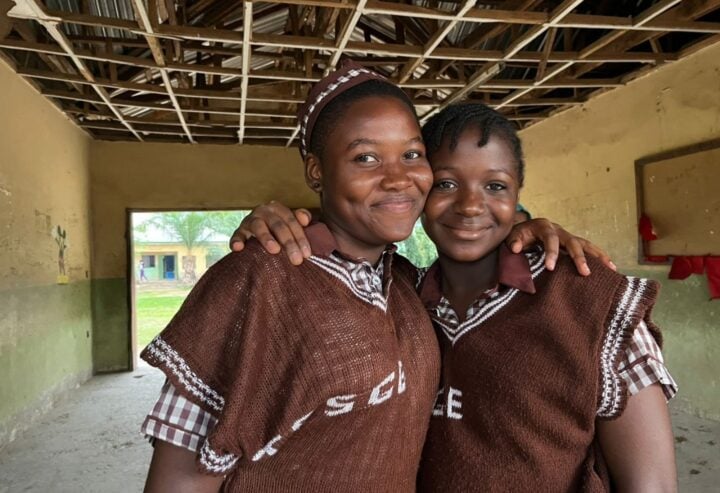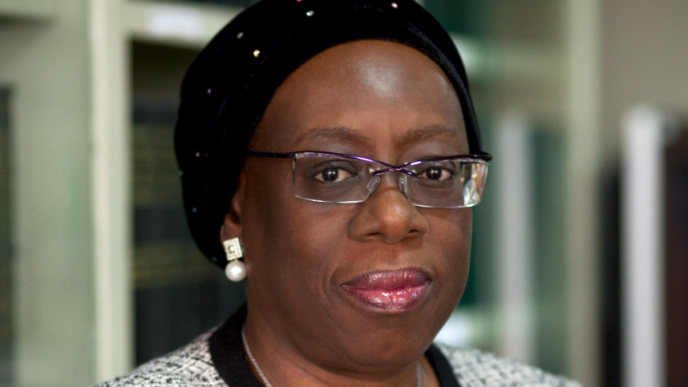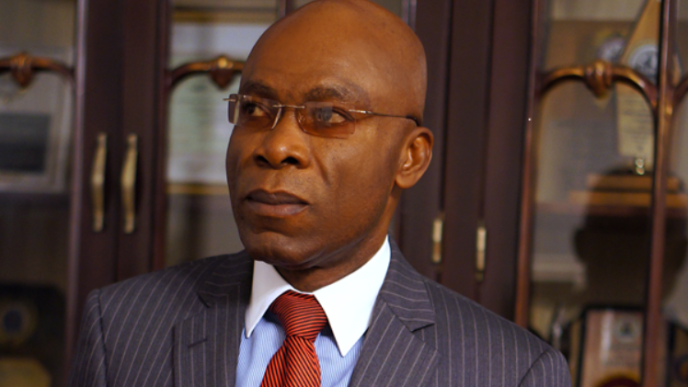These girls are students of the FCT UBEC junior secondary school, Gwarimpa. They say they like being girls but the difficulty of accessing a sanitary pad when they are on their periods makes it tiring. Photo credit: Claire Mom/TheCable
BY AYOLE IDOWU
Nigeria is exposed to intense climate-related threats, including erratic weather cycles, escalating temperatures, and destructive flooding, which severely impact agricultural productivity, water security, and community well-being. Despite these challenges, a significant gap in climate change awareness remains, especially among the youth. To combat climate change effectively, a community-driven approach that prioritises education is vital. Introducing Climate Change Clubs in secondary schools can help fill this knowledge void among students, equipping them with a thorough grasp of climate principles, local consequences, and resilience tactics, and inspiring them to become climate action champions.
Secondary schools are pivotal in shaping young minds and values. By incorporating climate change education and fostering dedicated clubs, these institutions equip students with a structured platform to explore environmental challenges, engage in practical solutions, and develop critical thinking skills. These clubs will serve as incubators for innovative ideas and grassroots activism, empowering students to lead initiatives within their schools and communities. Integrating climate change education into the school curriculum will empower students to comprehend the foundations of these occurrences and its impact on their daily choices. By learning about climate change, students will gain the power to make a difference. They will become environmental leaders, developing skills in planning, teamwork, and problem-solving. Climate Change Clubs will offer hands-on experiences, such as: planting trees, reducing wastes and saving energy.
Climate Change Clubs can act as a bridge between schools and local communities. Through organising awareness campaigns, workshops, and service projects, students can extend their impact beyond the classroom and contribute to local environmental efforts. Educated students are more likely to become advocates for climate action, engaging in discussions with policymakers and participating in advocacy campaigns. Given the urgent climate challenges facing Nigeria and the broader African continent, establishing Climate Change Clubs in secondary schools is a strategic approach to equip the next generation with the knowledge and tools needed to address environmental issues effectively.
Advertisement
In conclusion, prioritising environmental education is crucial for a sustainable future. Policymakers must integrate environmental education into school curricula. Industries should also foster opportunities for empowerment in secondary schools through their corporate social responsibility, train educators, and support climate change clubs. By investing in these initiatives, we demonstrate a commitment to a greener tomorrow and equip young leaders with the knowledge and skills to combat climate change. By educating our youth today, we empower them to drive positive change and create a healthier, more sustainable world for generations to come.
Idowu Ayole is a PhD Student at the University of Lagos and a Climate Change Educator and Advocate. Through this petition, Idowu petition, is asking the Ministry of Education, through the SDG department, to create and monitor climate change clubs in Nigerian Secondary Schools.
Views expressed by contributors are strictly personal and not of TheCable.
Advertisement
Views expressed by contributors are strictly personal and not of TheCable.
Add a comment








